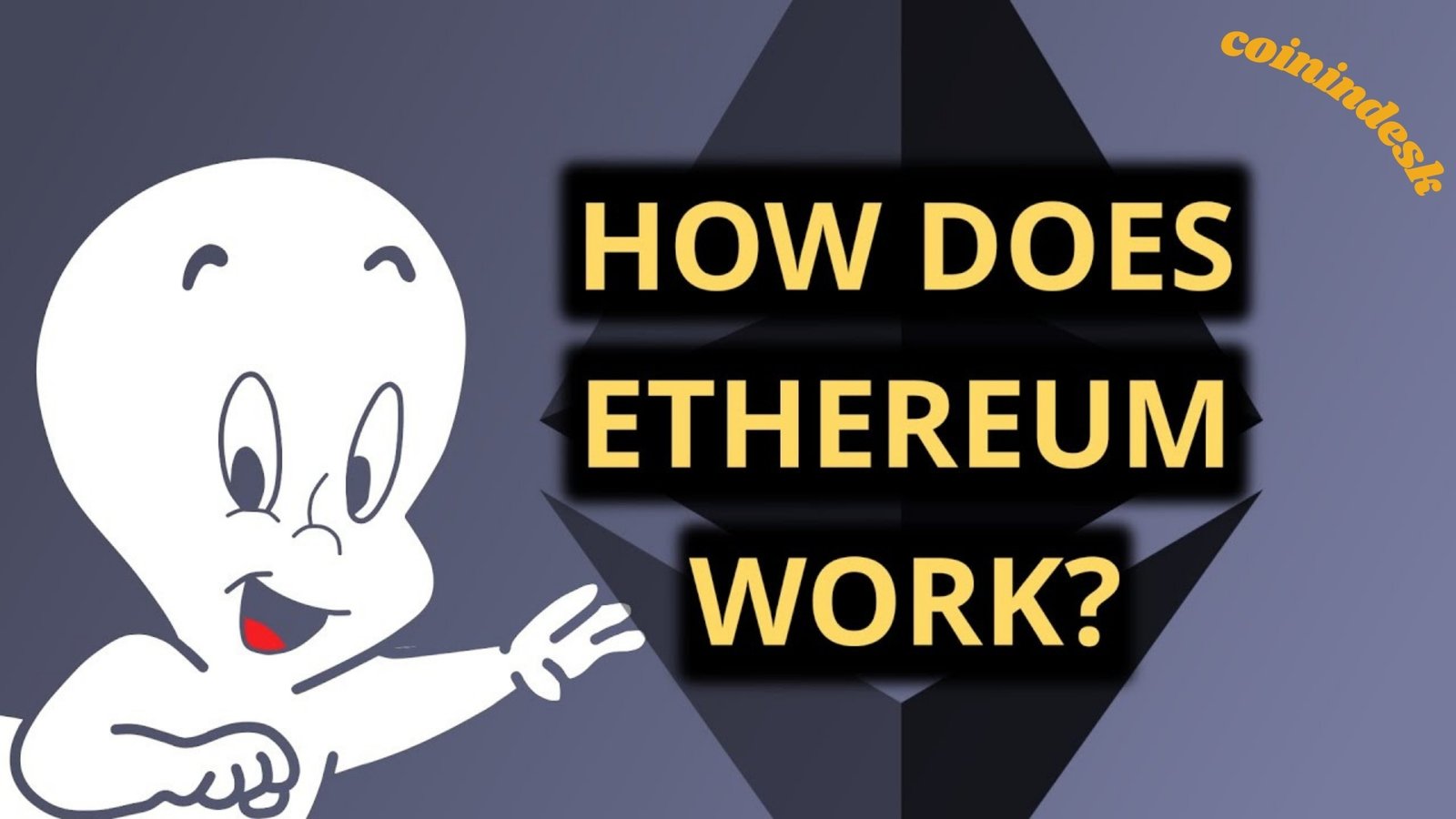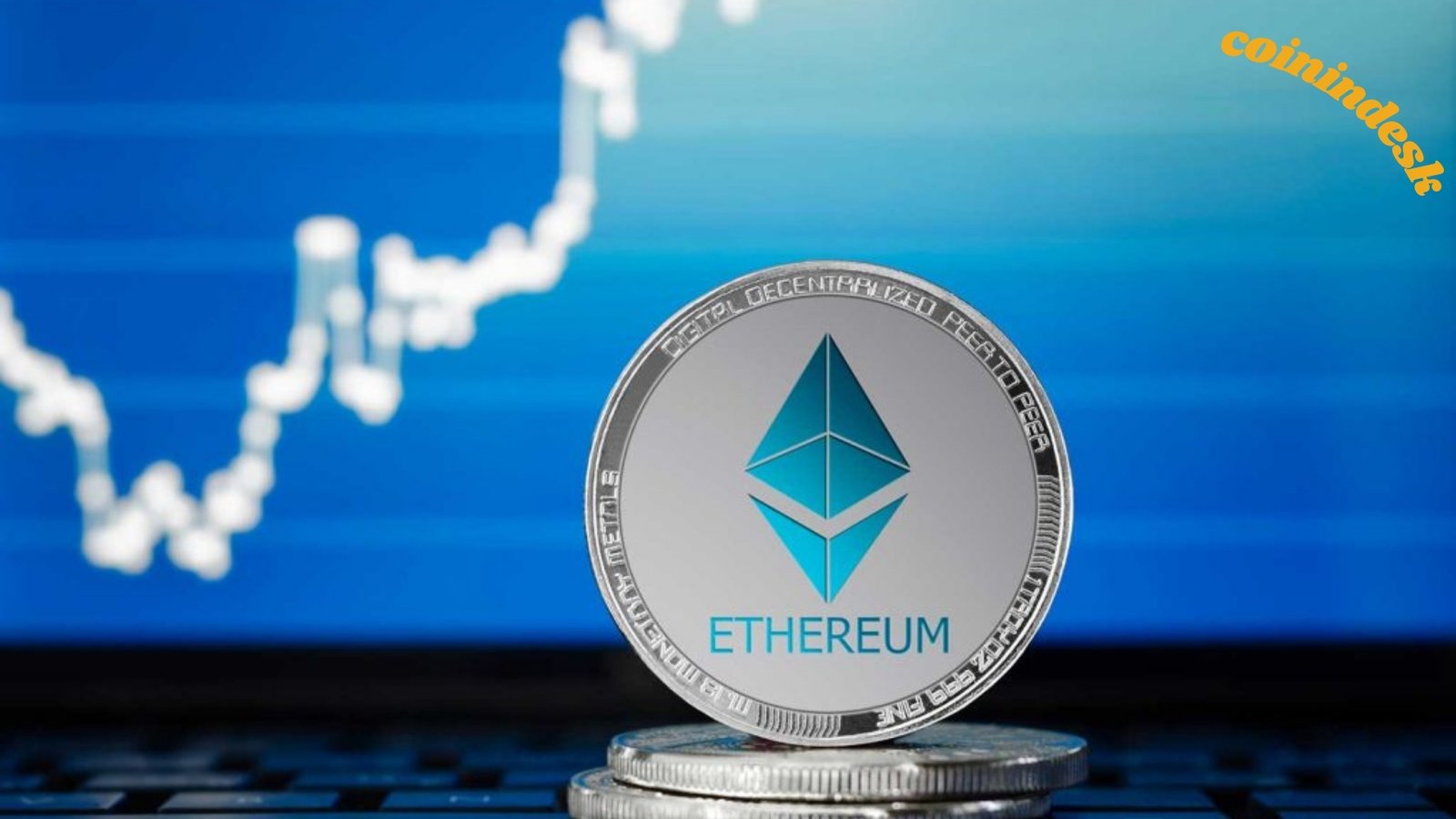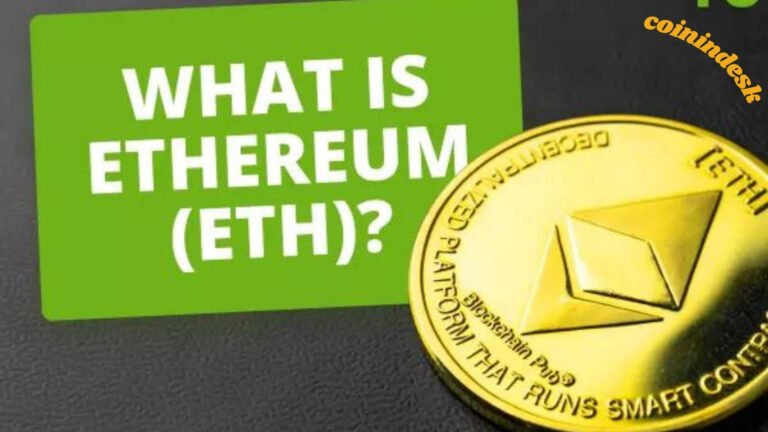What Is Ethereum (ETH)? Standing in second place on our list of top cryptocurrencies is Ethereum, or Ether, which uses the ETH ticker. Ethereum (ETH) is a pioneering blockchain platform enabling smart contracts and decentralized applications (DApps). With a market cap of just under $13 billion and billions of dollars of daily volume, Ethereum is one of the leading digital assets in its class.
Ethereum operates via a distributed ledger at its core, facilitating secure and transparent transactions without intermediaries. Its programmable nature allows developers to build diverse applications spanning finance, gaming, and decentralized finance (DeFi). Notably, Ethereum’s native cryptocurrency, Ether (ETH), fuels transactions and incentivizes network participation. With its scalability improvements and transition to Ethereum 2.0, the platform continues to shape the landscape of decentralized technologies and foster innovation. But what exactly is Ethereum, what does it do, and how does it work? In this article, we’ll answer those questions and more.
About Ethereum and Ether
While officially called Ether, the platform’s cryptocurrency is more commonly known as Ethereum. It is built on blockchain technology. Vitalik Buterin of Russia built the Ethereum network in 2013, an early blockchain cryptocurrency with smart contract capabilities.
What Are Smart Contracts?
On decentralized networks like Ethereum, computer programs called “smart contracts” can execute. Because they function similarly to conventional computer programs, smart contracts have all the advantages of blockchain and other DLTs, including reliability, security, and transparency.
What Is Ethereum (ETH)?: One such use case for smart contracts is automatically transferring a predetermined quantity of Ether to a user on a specified date. Upon publishing the smart contract to the Ethereum network, other participants can verify its validity. Assuming the network operates as expected, the Ether will be sent on the specified date regardless of any intervention from centralized entities.
Since smart contracts require specific processing power, posting them on the Ethereum network does not come without cost. You can publish smart contracts on the Ethereum network with Ether and redeem them whenever you want.
How Does Ethereum Work?

Ethereum, like many other digital currencies, runs on a blockchain. Thanks to the extensive record of transactions called the Ethereum blockchain, which extends back to the initial Ethereum transactions, any participant in the network may check the legitimacy of new transactions and see where their money came from.
Like Bitcoin, Ethereum employs a Proof-of-Work (PoW) consensus process to update the blockchain with new information. The “work” in Proof-of-Work refers to users wishing to validate transactions on the Ethereum network must employ powerful computers to solve complex cryptographic puzzles.
At some point in the future, Ethereum will switch to a consensus mechanism called Proof-of-Stake (PoS). As a result, users will need to spend a specific amount of Ether to validate transactions on the Ethereum network. In the middle to late part of 2019, Ethereum will implement its PoS update, Casper V2.
Who Maintains Ethereum Development?
The Ethereum Foundation oversees the development of the Ethereum network and the cryptocurrency associated with it. Vitalik Buterin is still very much involved with the project and sits on the Foundation’s council; he also designed Ethereum.
Ethereum and Ethereum Classic
The DAO, a decentralized autonomous organization (DAO) built on Ethereum that uses smart contracts for operations, raised over $150 million during its initial coin offering (ICO) in 2016. Nevertheless, hackers stole over $50 million worth of Ether tokens from the project in the middle of 2016.
After this incident, the Ethereum community split the Ethereum blockchain to recover the stolen cash. Nevertheless, some people disagreed with the decision and persisted in using the original blockchain, meaning the stolen money stayed stolen. The original Ethereum network and blockchain are now known as Ethereum Classic.
Why Use Ethereum?
Why would you want to use Ethereum now that you understand how it works? Besides being a currency, a computational network, and a store of value, Ethereum also has many other uses.
Ethereum Use Cases
- As a computing network – Ethereum is one of the first decentralized networks to offer smart contract functionality. It’s proven to be secure, cheap, and relatively efficient. As such, Ethereum is one of the first choices of developers looking to create trustless, decentralized applications in the form of smart contracts.
- As a currency, the Ethereum network is significantly more efficient than some alternatives. As such, Ether is a faster and cheaper currency than Bitcoin and many other cryptocurrencies!
- As a store of value—Although Ether has no maximum supply (unlike Bitcoin), it’s still a popular choice. This is because the Ether currency has a certain utility aspect—it can always be redeemed in exchange for publishing smart contracts on the Ethereum network.
Should I Invest in Ethereum?

Among the many cryptocurrency initiatives now underway, Ethereum stands out. Ethereum has accomplished its stated goal, and its ongoing development guarantees that it will keep growing and improving. However, is it worth investing in? That is a question that we cannot answer! Although Ethereum is a remarkable initiative, its future price appreciation is uncertain.
Ethereum ICO and Price History
Ethereum was one of the first projects to use Initial Coin Offerings (ICOs) to finance its development. The Ethereum project’s development was made possible via a $16 million initial coin offering (ICO) in August 2014. With over 50 million Ether sales, the coin’s price was approximately 31 cents.
We began tracking the price of Ether in August 2015, when it was worth slightly less than 1.5 USD. By mid-2016, the Ether token had risen to almost $15, indicating significant growth for the year. By the end of 2016, the price of Ether had dropped by a few dollars; by 2017, its price had risen to about $10.
The value of one Ether coin skyrocketed from $350 in March 2017 to over $350 in June of the same year. Following a minor correction, Ether reached a new all-time high of $1224 in January 2018. The price of Ether has dropped to less than 10% since then.


